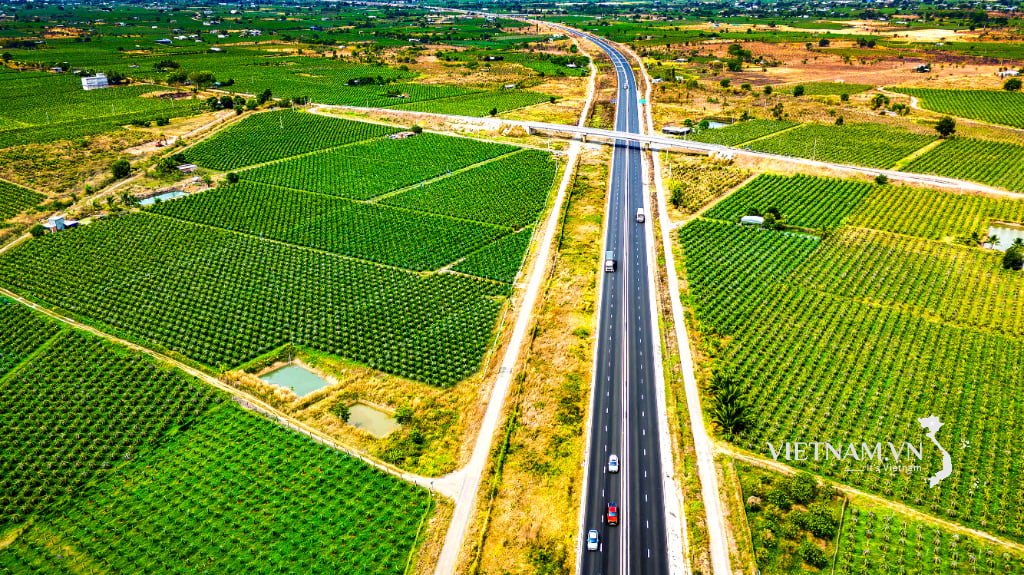Modern, busy lifestyles lead many families to shorten mealtimes and eat faster. However, eating quickly can have a significant impact on health. In contrast, eating slowly and chewing thoroughly offers many benefits.

The benefits of eating slowly and chewing thoroughly.
Speaking to Tuoi Tre Online , Dr. Nguyen Thi Lam, former deputy director of the National Institute of Nutrition, said that nowadays, especially young people have a habit of eating very quickly. This not only increases the risk of weight gain but also affects the digestive system.
Meanwhile, eating slowly and chewing thoroughly helps break down food into smaller pieces before it enters the stomach, leading to better digestion.
Dr. Lam explained that it takes the brain about 20 minutes to receive the signal that the body is full. When eating slowly, it's not just about chewing and swallowing; you can also experience the food through sight, smell, and of course, taste. Your meal will therefore be more enjoyable.
In addition, eating slowly will help you consume fewer calories. When you eat quickly, you tend to eat a lot, which leads to weight gain.
Furthermore, eating slowly means your stomach has more time to churn and digest food. If you eat too quickly, for example, 5 minutes per meal, you may experience indigestion. Instead, with the same amount of food, take 20 minutes per meal, and your stomach will work much more efficiently.
"In addition, eating slowly and chewing thoroughly will prevent both children and adults from the risk of choking or gagging on food if they swallow too quickly and do not chew."
Eating is sometimes a social bonding activity. Mealtimes are a time when people gather and spend time together.
Therefore, for good health, meals should last at least 20 minutes. Start with a bowl of soup, then move on to green vegetables, protein, and finally carbohydrates," Dr. Lam advised.
Nutrition experts also share some ways to develop the habit of eating slowly and chewing thoroughly, such as trying to chew each bite at least 20 times before swallowing. This not only aids digestion but also forces you to eat more slowly.
You can cut food into small pieces or use a small spoon. Taking a sip of water while eating allows you to pause between meals, thus regulating your eating speed.
Turn off the TV, phone, or other distractions to focus entirely on the food and the dining experience. Additionally, you can set a timer for 20-30 minutes for your meal and try to adjust your eating speed throughout that time, gradually developing the habit of eating more slowly.
Eating too quickly can lead to obesity and harm your stomach.
According to Dr. Lam, eating too quickly and not chewing thoroughly can first cause choking. In addition, eating too quickly and not chewing properly can lead to many long-term health problems, disrupting metabolism leading to obesity, high blood sugar, and potentially increasing the risk of cardiovascular disease and diabetes.
"Eating quickly and chewing little leads us to consume more food and calories, resulting in overweight and obesity. Many studies show that people who eat quickly have a higher risk of being overweight or obese."
Furthermore, eating quickly also increases the risk of gastritis. When you're not focused while eating and eat too quickly, the food isn't properly processed. A large amount of food arrives in the stomach still in a raw state.
The stomach has to increase its contractions and acid secretion to digest this food again.
"Food and acid remain in the stomach longer, increasing the risk of erosion of the stomach lining by gastric acid itself. If this habit of eating quickly continues, it can lead to gastritis and peptic ulcers," Dr. Lam explained.
Developing the habit of eating slowly and chewing thoroughly is essential for everyone, and it's never too late; start doing it today.
Source: https://tuoitre.vn/tai-sao-phai-an-cham-nhai-ky-20250205102255672.htm













































































































Comment (0)